A Number at the Bridge Theatre
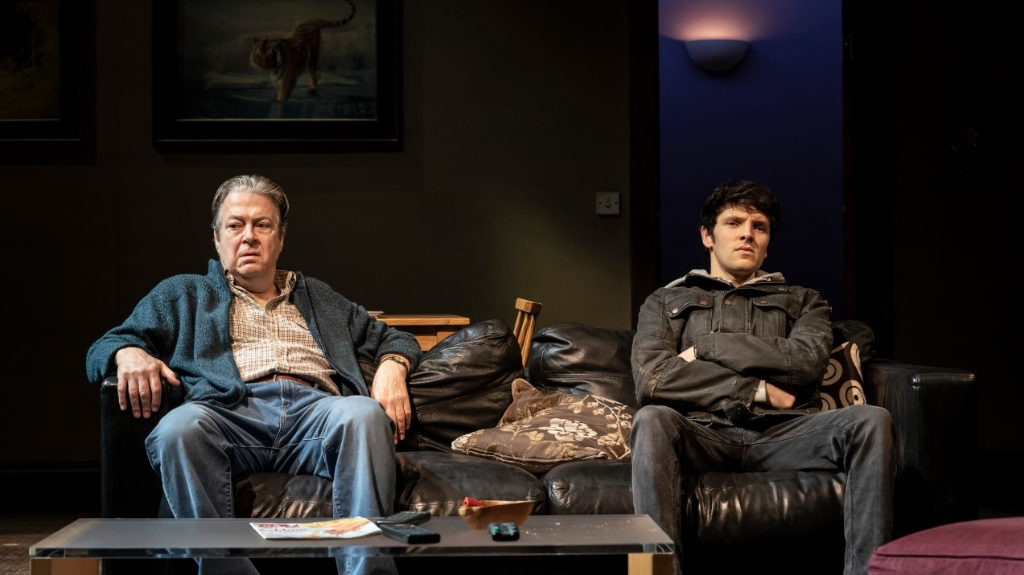
Perhaps the most prominent aspect of Polly Findlay’s production of A Number is its ordinariness. From Caryl Churchill’s high-concept narrative – a man interacts with a series of clones of his son – the director wrings a firmly domestic story about the transformative impact of parenting.
What begins as a father (Roger Allam) expressing shock at the fact there are multiple versions of his son (Colin Morgan) wandering about slowly turns into a string of half-truths and sad confessions that cut into the Gordian knot of nature and nurture.
Allam’s Salter couldn’t look more like a boring dad. Shuffling around Lizzie Clachan’s homely, slightly shabby suburban abode in ill-fitting blue jeans and a cardigan, he’s just a guy. It feels important to the production how unexceptional he appears. For his parental mistakes and successes – though carrying the weight of scientific progress and its attendant ethical problems – are almost banal.
Grief, drink and drugs led to the neglect of his first child; the will to avoid repeating that outcome causes him to pour love into his second. It’s like the trend of bad parents becoming amazing grandparents, but kept to one generation. Without the first experience, the second can’t exist.
Morgan is very good at shifting the dynamic between the various sons and Allam’s father. As B2, the child fully raised by Salter, he shines; their relationship is defined by the way this newly-discovered betrayal curdles a previously loving bond.
If anything, Salter and B1 – his first attempt at fatherhood – appear more immediately related. Bitter estrangement and regret tinge their interactions, sharing an aggression that is reflected as if in a mirror. The hardest moment of the entire production comes as they sit on the sofa facing forward, Allam’s arm fully outstretched as he tentatively touches the son he gave away.
Finally, Salter meets his son-as-stranger: Michael, a man utterly unlike B1 and B2 in his easy happiness. Try as he might, Salter can’t find what he is looking for – seemingly some kind of genetic absolution for the damage he has done.
There is the sense that the production is trying to justify the use of the snazzy Bridge Theatre. The play itself doesn’t require a lot; the argument could be made that the less the better. So, it’s a problem that Clachan’s set pointlessly rotates between scenes, acting as an unnecessary metaphor for the play’s shifting perspectives.
Similarly, the interludes of Allam alone, drinking a can of coke to Marc Tritschler’s heavy-handed score, add nothing – especially since they are presumably there to cover for the set transitions. It is all extraneous window dressing to another evening of complicated brevity from the masterful Churchill.
Connor Campbell
Photo: Johan Persson
A Number is at the Bridge Theatre from 14th February until 14th March 2020. For further information or to book visit the theatre’s website here.

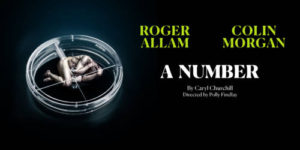
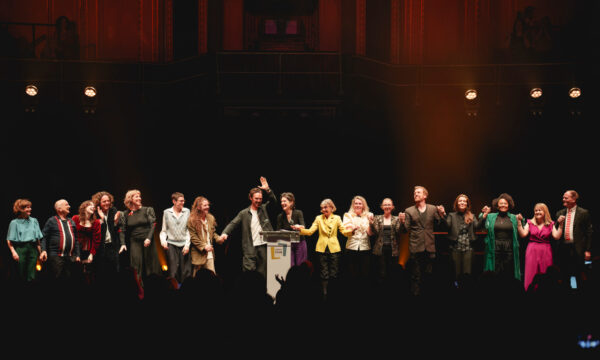
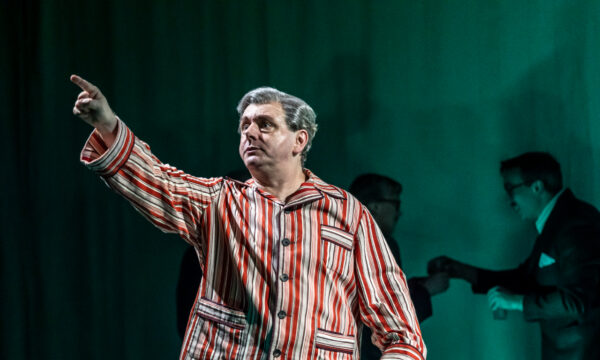
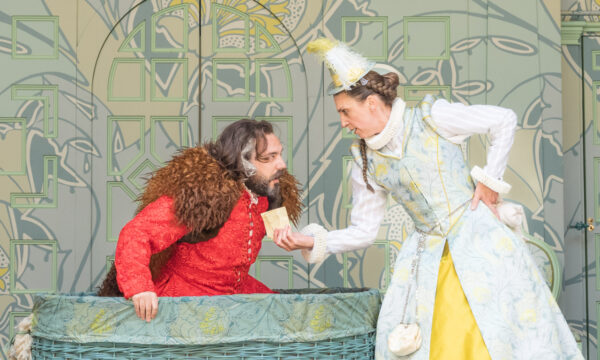

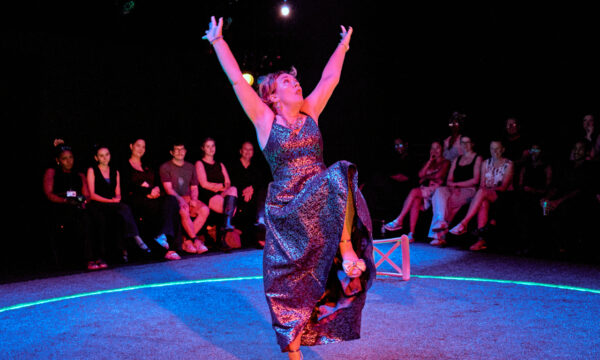
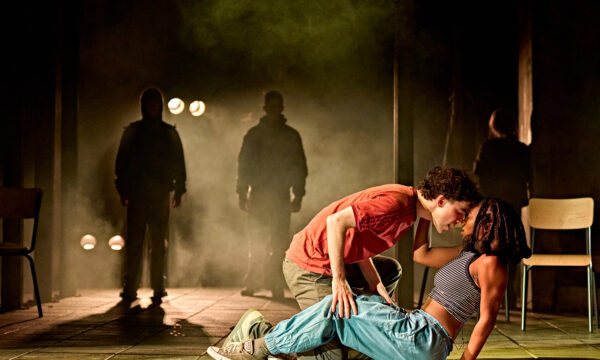
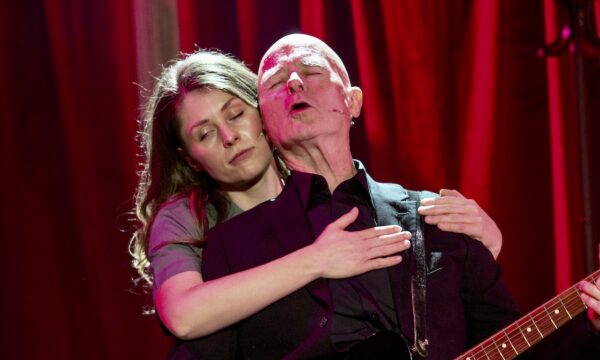
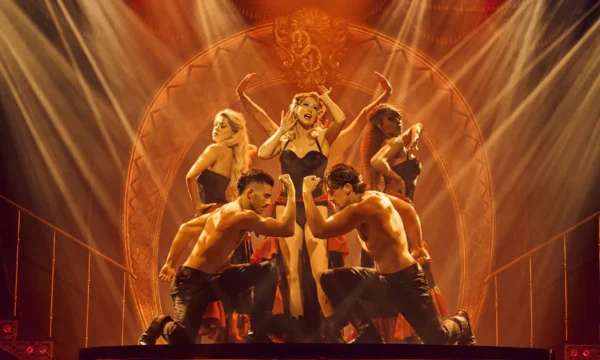
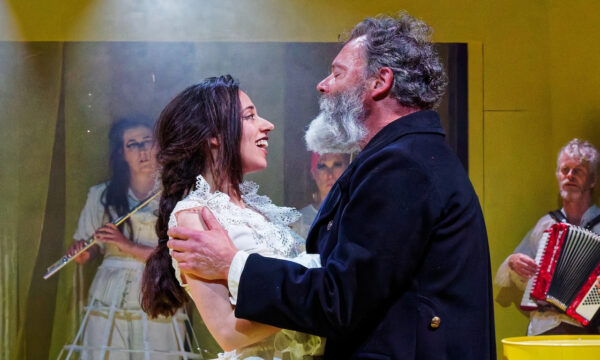
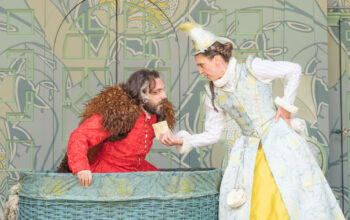

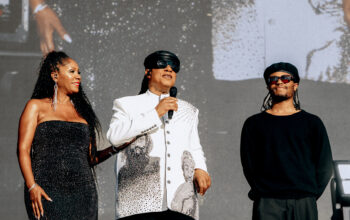

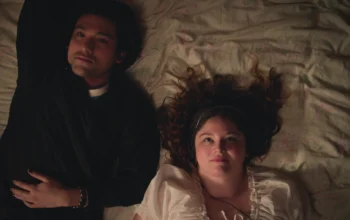
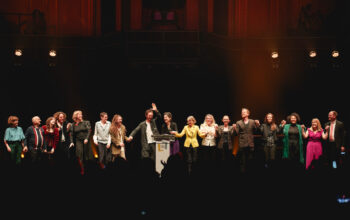
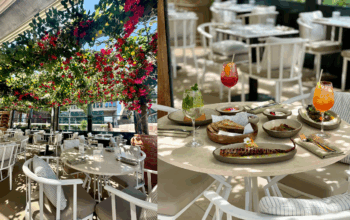








Facebook
Twitter
Instagram
YouTube
RSS